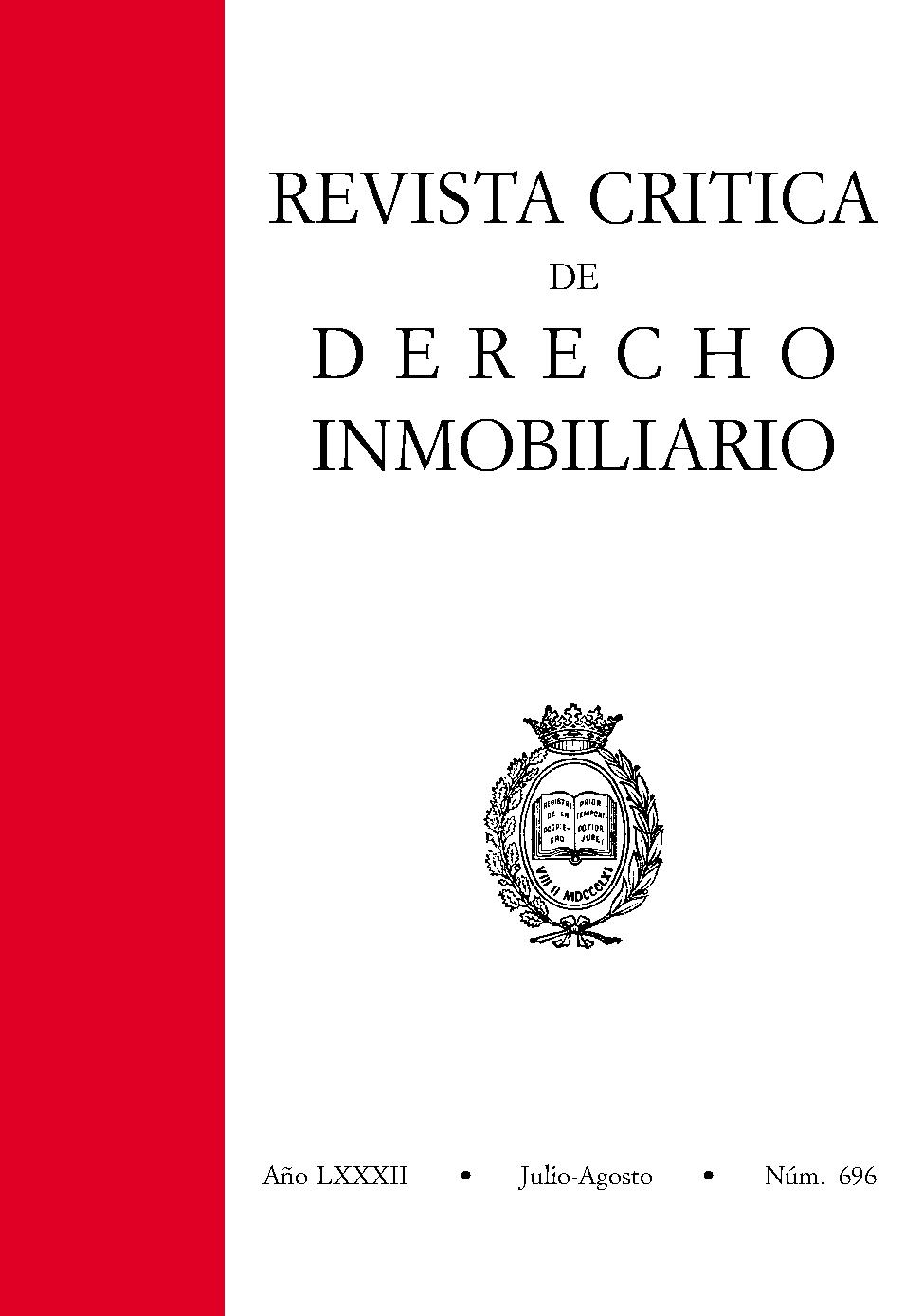LA RESPONSABILIDAD EN EL USO, COMPRA Y COPIA DE PROGRAMAS DE ORDENADOR.
Keywords:
COMPUTER PROGRAM RESPONSIBILITYAbstract
The issue of the nature of computer programs burst surprisingly into jurisprudence in the 90's and has since appeared repeatedly in all jurisdictions. The legislative model, formulated primarily in adaptation of Community rules, regards the computer program as intellectual property whose acquisition implies ownership of a personal right of use, but this model was seemingly conceived for programs intended for mass use and does not appear to deal satisfactorily with the problems that arise in practice. In civil jurisdiction, mostly in connection with made-to-order software, jurisprudence has to regard the program as a product rather than a right of use; it has to demand guarantees of the product and its usefulness and carefully analyse the contractual models under which the program is acquired. In the criminal realm, penal protection of computer programs under the rules for intellectual property is an exaggerated, disproportionate means of protection that is not enforced in practice; furthermore, it is simply ridiculous in view of how widespread fraudulent practices are in society; observation of jurisprudence shows that criminal prosecution seems limited exclusively to street vendors and small businesses; jurisprudence lacks a set of uniform criteria, and glaring contradictions are found in the viewpoints of provincial appellate courts; no satisfactory final definition has been reached of what the profit motive that characterises the criminal offence consists in, and there is no real, effective differentiation with regard to criminal offences against intellectual and industrial property. The «aporia of originality», i.e., the hypothesis that programs are not true artistic creations (works of art or inventions), is raised especially in the corporate jurisdiction; in this jurisdiction, although labour laws attribute ownership of computer programs preferably to the worker, I feel that, in order to recognise such ownership, jurisprudence requires effective proof that the work is original and is not an ordinary result of the performance of work in an employer/employee relationship.









